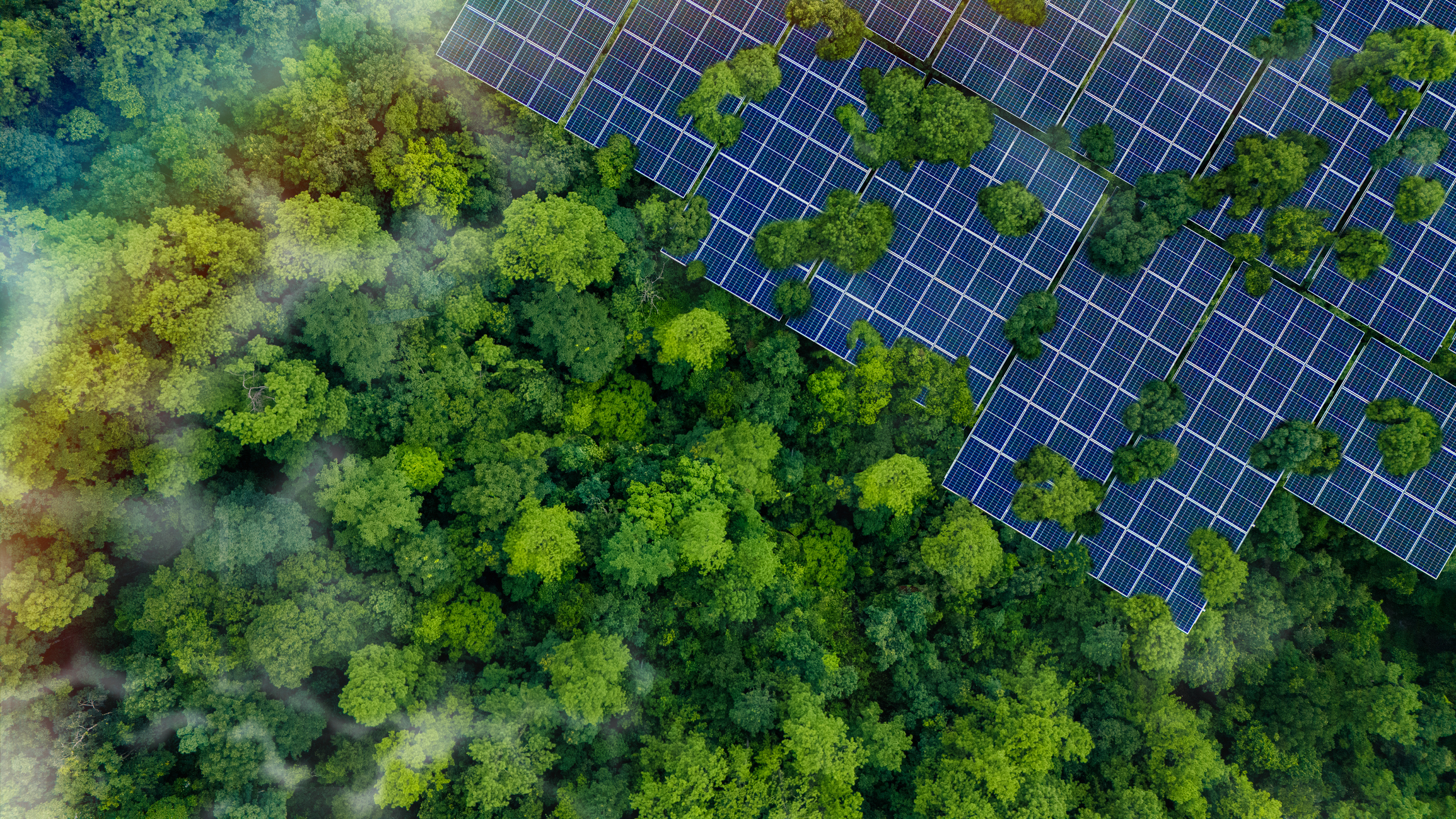Livium Signs MOU with Won Kwang S&T on Solar Panel Recycling in Australia

According to an announcement from Livium Ltd, the Australian clean energy recycler has signed a non-binding Memorandum of Understanding (MOU) with South Korea’s Won Kwang S&T, which is reported to operate one of the country’s major photovoltaic (PV) recycling facilities. The partnership is designed to accelerate solutions for end-of-life solar panels in Australia.
The MOU sets out a cooperation framework that would expand the recycling scope of Livium’s wholly owned subsidiary, Envirostream Australia, to cover solar panels. Both companies are now working toward a binding joint development agreement, with the long-term objective of creating a joint venture to establish and operate a dedicated PV recycling facility in Australia.
The collaboration is structured in three stages. In the first stage, photovoltaic modules collected in Australia will be exported to South Korea, where Won Kwang S&T will recycle them to test market viability and validate its technology. The second stage will see Livium take on local collection and partial dismantling before sending frameless modules for processing. In the final stage, the partners plan to form a joint venture to build and run an Australian recycling plant using Won Kwang S&T’s technology. According to Livium, the company will receive service fees from Won Kwang S&T at each stage, with terms to be agreed based on fair market value and cost-recovery principles.
In the announcement, Livium CEO and Managing Director Simon Linge described the MOU as part of the company’s effort to broaden its recycling portfolio. Won Kwang S&T founder and CEO Sang Hun Lee was quoted as saying that Australia represents a “key growth jurisdiction” for PV recycling technology.
According to figures cited by Livium, Australia could generate more than 90,000 tonnes of solar panel waste annually by 2035, while only about 10% of decommissioned panels are currently recycled. Policy discussions are underway on a national product stewardship scheme that may ban landfill disposal of solar panels and shift recycling costs partly to producers. New South Wales has already introduced a state-level program promoting reuse and recycling.
Market data referenced in the announcement suggest that Australia’s PV recycling industry may grow from an estimated USD 3.5 million in 2024 to over USD 10.8 million by 2033. Globally, the market is projected to expand from USD 492.8 million in 2024 to more than USD 2.6 billion by 2034. Analysts caution, however, that the sector faces hurdles including high infrastructure costs and limited domestic demand for recovered materials such as glass.
Industry observers noted that Livium’s phased and asset-light strategy may help the company enter the PV recycling market with lower initial risk, while aligning with the steady growth of solar panel waste in Australia. Analysts added that, if the project progresses as planned, it could potentially contribute to strengthening the country’s clean energy supply chain and reducing the amount of end-of-life panels sent to landfill.
Sources: Livium Ltd






